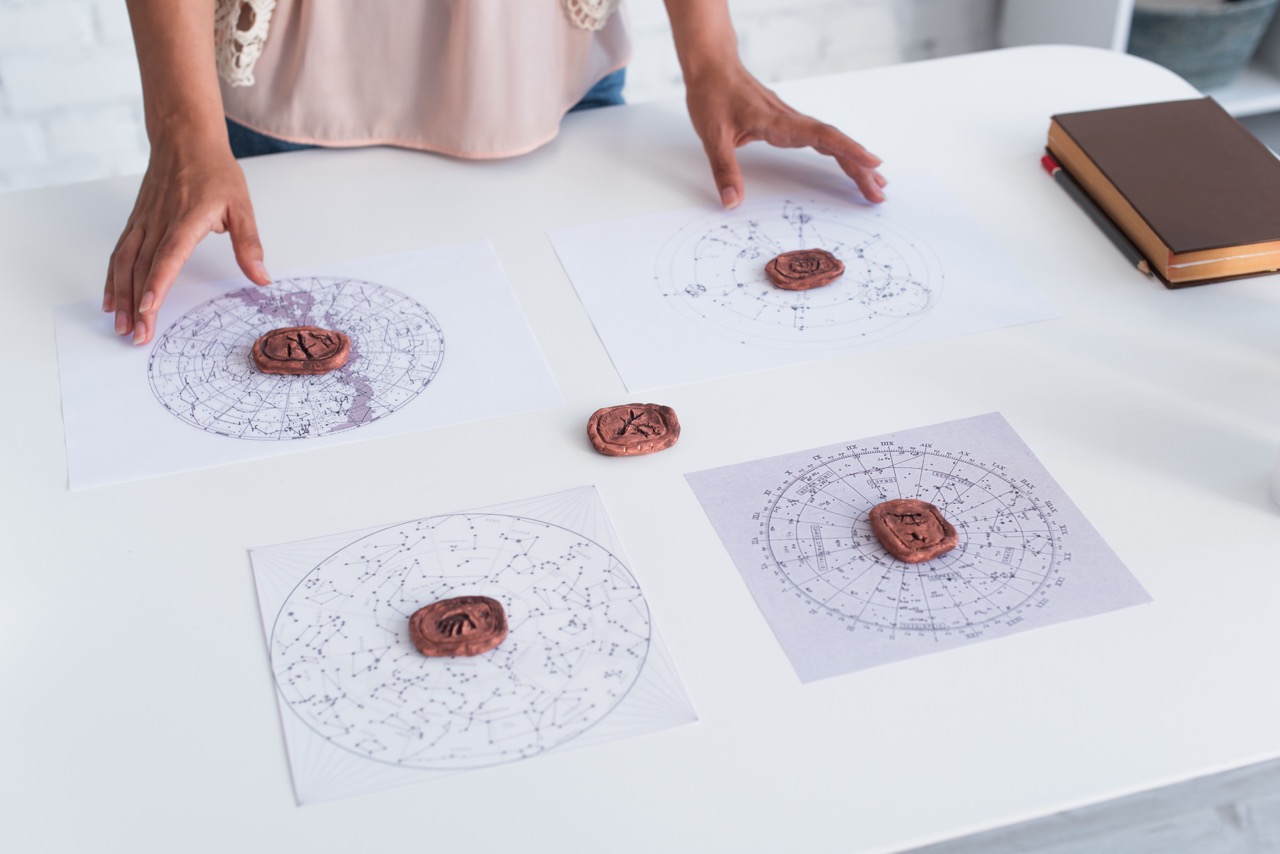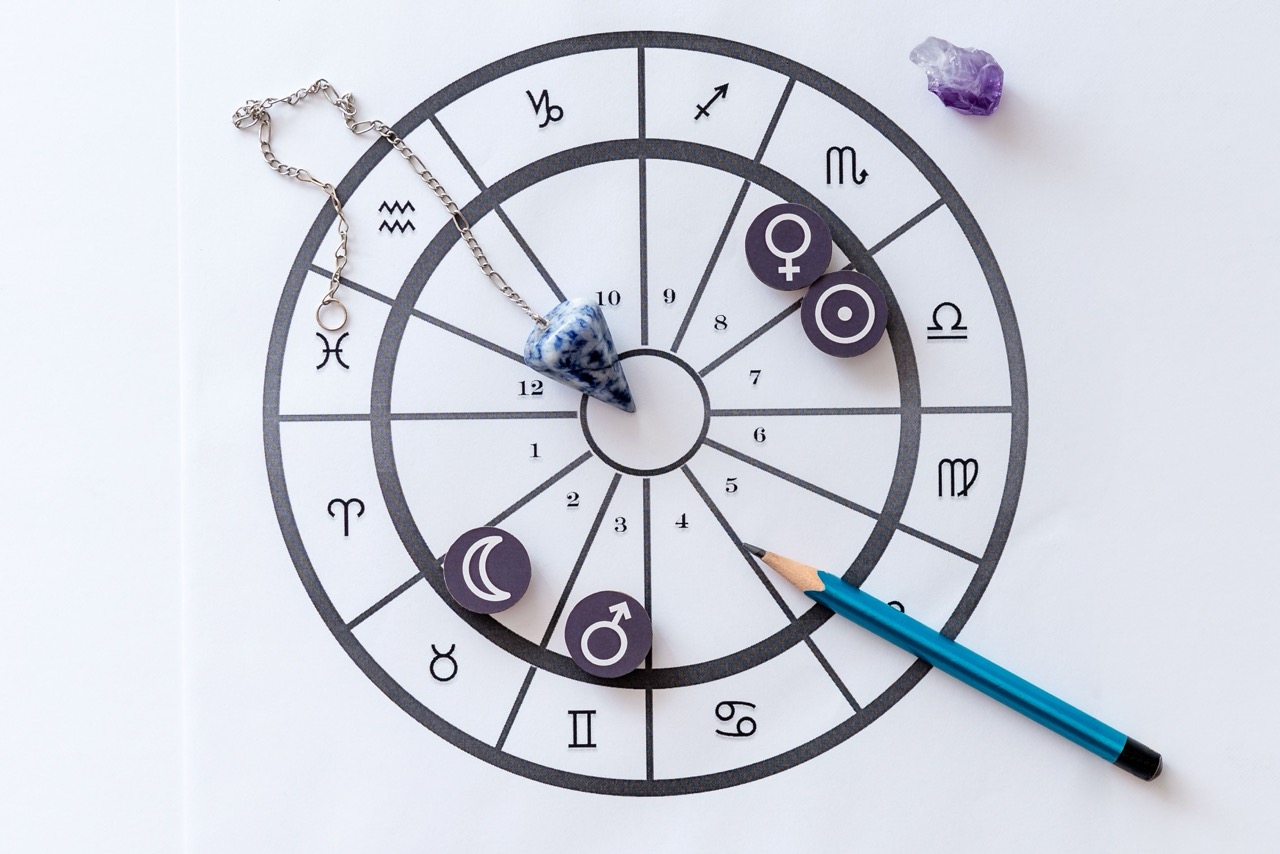In the tapestry of American history, few figures shine as brightly as Martin Luther King Jr. His life and work symbolize a profound fusion of spirituality and activism, igniting a movement that would reshape the landscape of civil rights. King’s commitment to justice was not merely a political endeavor; it was deeply rooted in his faith and moral convictions. As he inspired countless individuals to rise against injustice, he also wove a narrative that connected their struggles with a higher purpose. This article explores the dual threads of spiritual activism and love that defined King’s journey and continue to resonate in contemporary society.
Weaving Faith and Justice: King’s Journey of Spiritual Activism
Martin Luther King Jr. was born into the rich spiritual environment of Atlanta, Georgia, where he was steeped in the traditions of the African American church. His father, a pastor, and his mother, a talented musician, cultivated in him a sense of purpose aligned with faith and community. King’s journey as a civil rights leader was rooted in a deep understanding of nonviolent resistance, influenced by the teachings of Mahatma Gandhi and the principles of Christianity. He viewed activism not just as a political obligation but as a divine mandate, seeing himself as an instrument of God’s will in the fight against racial injustice.
As King faced the daunting challenges of the civil rights movement, he preached a powerful and transformative message that urged individuals to embrace love over hate and peace over violence. His famous "I Have a Dream" speech, delivered during the March on Washington in 1963, encapsulated this vision, resonating with the American public and beyond. King believed that the struggle for civil rights was intrinsically linked to spiritual truths, asserting that one could not separate the quest for justice from the pursuit of a deeper, moral existence. This conviction propelled him forward, empowering countless others to join him in the fight for equality, guided by a shared commitment to their faith.
Throughout his life, King demonstrated that spiritual activism required courage in the face of adversity. He often found himself in the crosshairs of danger, yet he remained resolute in his dedication to nonviolent protest and love as a means to enact change. His arrest during peaceful demonstrations and his unwavering commitment to civil disobedience highlighted his belief that faith must manifest through action. King’s ability to meld spirituality with the quest for justice inspired millions, making him a beacon of hope and a symbol of resilience in the face of a deeply divided society.
The Echoes of Love: King’s Legacy in the Fight for Equality
The legacy of Martin Luther King Jr. is steeped in the ethos of love and compassion, a testament to his belief that these virtues were the true weapons against oppression. King’s approach to activism was revolutionary not merely for its political implications but for its transformative power on the human spirit. He emphasized that love was not a passive emotion, but an active force capable of dismantling hate and bridging divides. His famous proclamation that “Hate cannot drive out hate; only love can do that” encapsulates his philosophy, urging people to seek understanding and reconciliation even amidst profound suffering.
King’s influence extended beyond the immediate struggles of the civil rights movement; his message of love continues to echo through the fabric of contemporary activism. Social movements today, from Black Lives Matter to global climate advocacy, often invoke King’s principles, seeking to uphold his vision of equality and justice. In addressing systemic racism, economic inequality, and social injustice, activists draw upon King’s teachings, encouraging a collective embrace of love and nonviolence. His vision serves as a guiding light, reminding us that the pursuit of justice must always be tempered with compassion and empathy.
As we reflect upon King’s legacy, it becomes clear that he envisioned a world where love triumphs over division and justice reigns in harmony with mercy. His life teaches us that the fight for equality is not merely about policy changes but about fostering a culture of understanding and acceptance. King’s legacy is a call to action for future generations, urging us to continue his work and to weave love into the fabric of our activism. In a world still grappling with issues of race and inequality, King’s teachings remain a vital source of inspiration, urging us to remain steadfast in our commitment to justice rooted in love.
Martin Luther King Jr.’s journey of spiritual activism is a profound reminder of the power of love in the face of injustice. His ability to fuse faith with a relentless pursuit of equality not only transformed the civil rights movement but also created an enduring legacy that continues to inspire and challenge us today. As we weave our own narratives of activism, let us remember King’s call to action—one that invites us to stand firmly against hate and to embrace love as our guiding principle. In honor of King’s life and legacy, may we strive to be instruments of peace and justice in our own communities, ensuring that his dream reverberates through the ages.




